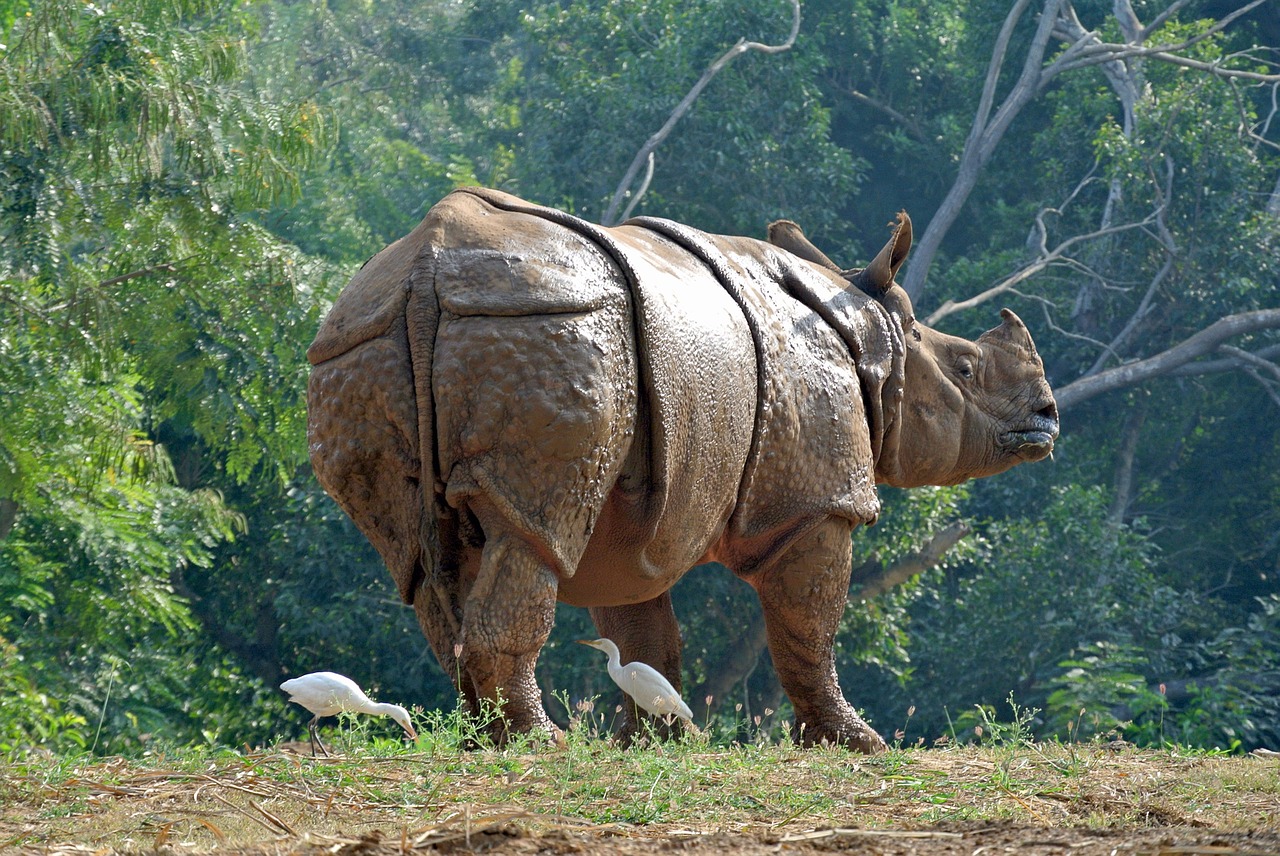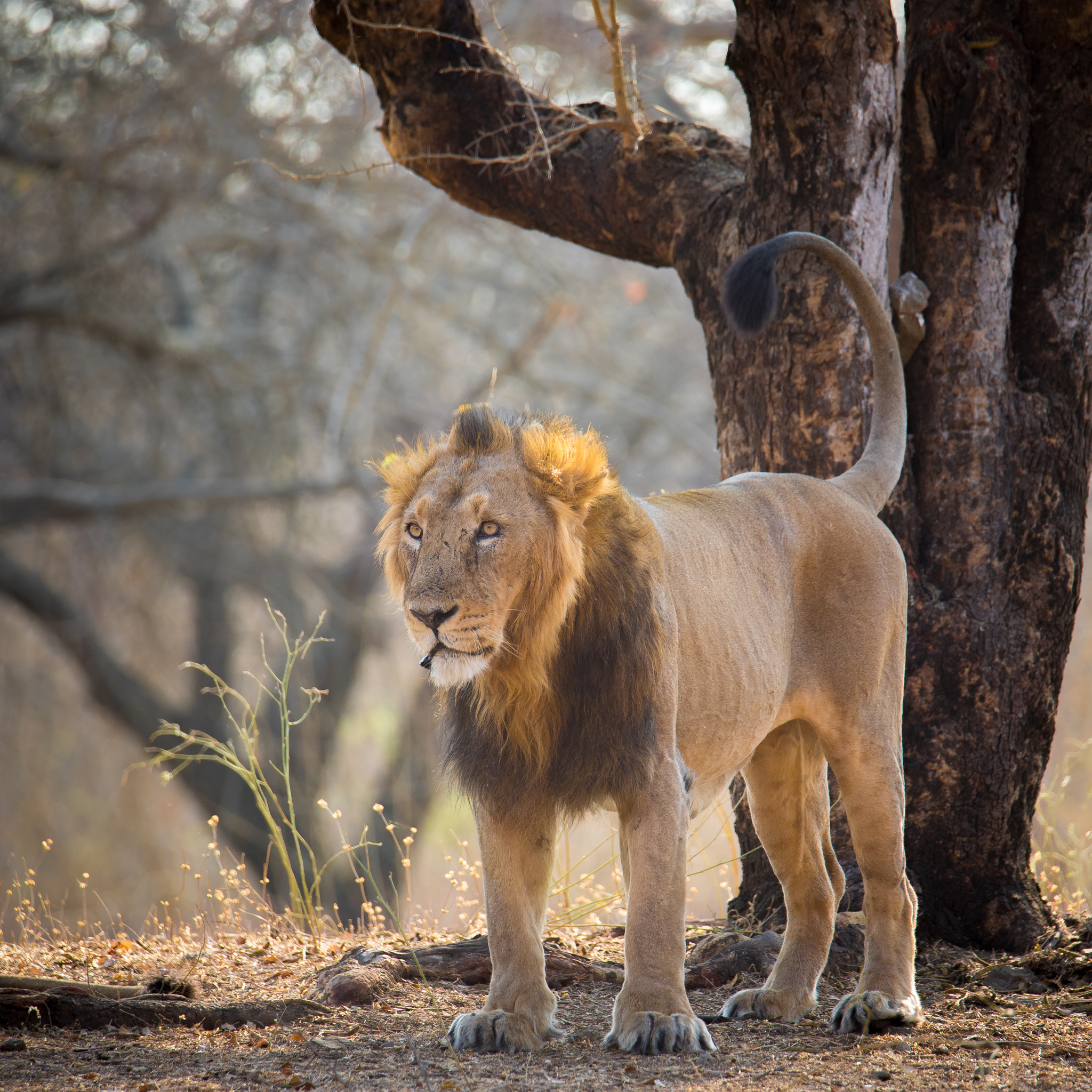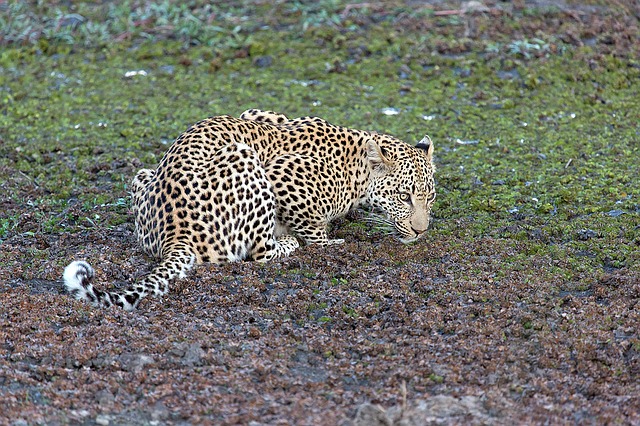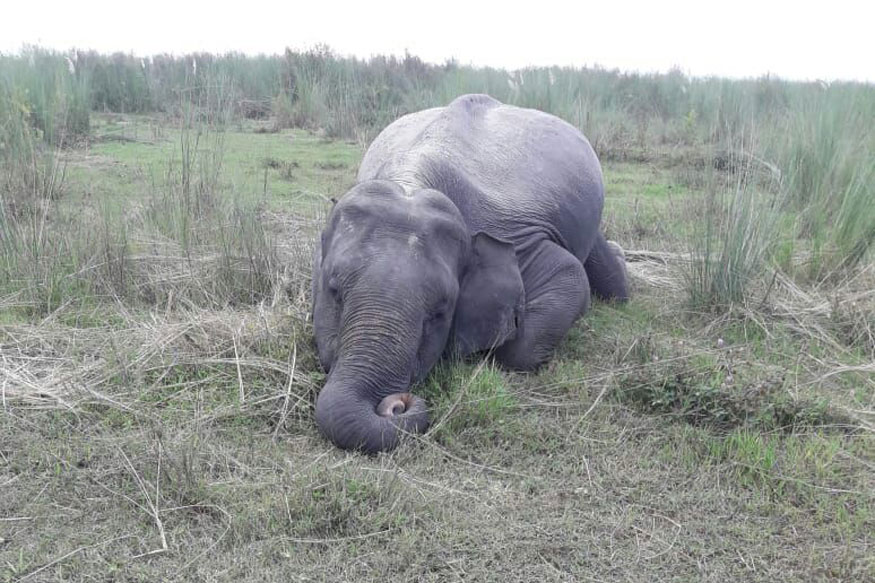In a world devasted by the Covid-19 pandemic, all fingers point to China’s wildlife markets from where the infection first spread. These illegal markets have for long been criticised by conservationists for trading in rare and endangered wildlife. But now that the real human threat because of these markets are visible, China is facing more criticism than ever. In order to crack down on the illegal trade, the Chinese government is now offering cash to farmers to quit breeding exotic animals.
With the rise in the cases of coronavirus positives globally, the pressure was mounting on China to put a stop to its wildlife trade that has been responsible for passing the virus. China has temporarily banned the sale of wild animals for food, although the sales continue for use in research and traditional medicine (market size).
Also Read: Bengal becomes the Hub of Wildlife Trade in India
On February 24, the Standing Committee of the National People’s Congress, or China’s top legislature, adopted a decision on thoroughly banning the illegal trading of wildlife and eliminating the consumption of wild animals to safeguard people’s lives and health. On April 2, Shenzen became the first city to ban the consumption of wildlife meat. And on April 10, the Chinese government removed dogs, bats, and pangolins from the list of animals allowed to be reared for meat. The restriction, however, wasn’t extended to specialty meat like deer, alpaca, and ostriches.
With growing dissent, the Chinese authorities are now trying to buy out breeders, in an attempt to put a stop to the wildlife trading within the country. Two central Chinese provinces are taking the lead. Hunan announced last week that it would persuade wildlife breeders to rear livestock, grow tea or other herbal medicine.
The authorities are willing to pay them 120 yuan per kilogram for Cobra, Rattle Snake, or rat snake. A bamboo rat would be taken for 75 yuan. A civet cat would be worth 600 yuan. The civet cat trade was said to be responsible for the Severe Acute Respiratory Syndrome (SARS) epidemic that also began from Chinese wet markets in the 2000s.
The neighbouring Jiangxi province is also offering a similar deal to the Chinese wildlife breeders and traders. The state run Jiangxi Daily newspaper reported that the province has more than 2,300 traders and their animals are worth about 1.6 billion yuan ($225 million).
According to the Humane Society International (HSI), wildlife trade in 2018 reached 10 billion yuan in revenue.
Both Jiangxi and Hunan border Hubei where the coronavirus emerged in December 2019. Peter Li, the China policy specialist with HSI says that Hunan might have released the order, but it still does not stop breeding entirely. The traders may continue to breed exotic wildlife if it is for medical reasons. The plan also does not include animals bred for fur, or entertainment.
Also Read: These Dogs are India’s Newest Wildlife Heroes
Li also adds that the real difference can be made if similar plans are announced across the country.
He was however happy that the Chinese authorities were at least acknowledging that there is a problem and taking steps in the right direction.
“This is the first time that the Chinese government actually decided to do it, which opens a precedent….for when other productions need to phase out,” he remarked.
Authorities also moved to curb the sale of exotic animals through e-commerce. “More than 750,000 pieces of information about wildlife trade were removed or blocked from major e-commerce platforms while 17,000 online stores or accounts were closed,” Liang Aifu, an official with the State Administration for Market Regulation said.
WHO and other nations including the US and China have asked for an investigation into the origin of the virus and zero-in on an intermediary carrier. China, though hesitant initially has agreed for the investigation and on Sunday pledged $2 billion to help countries in need to conquer the virus.









